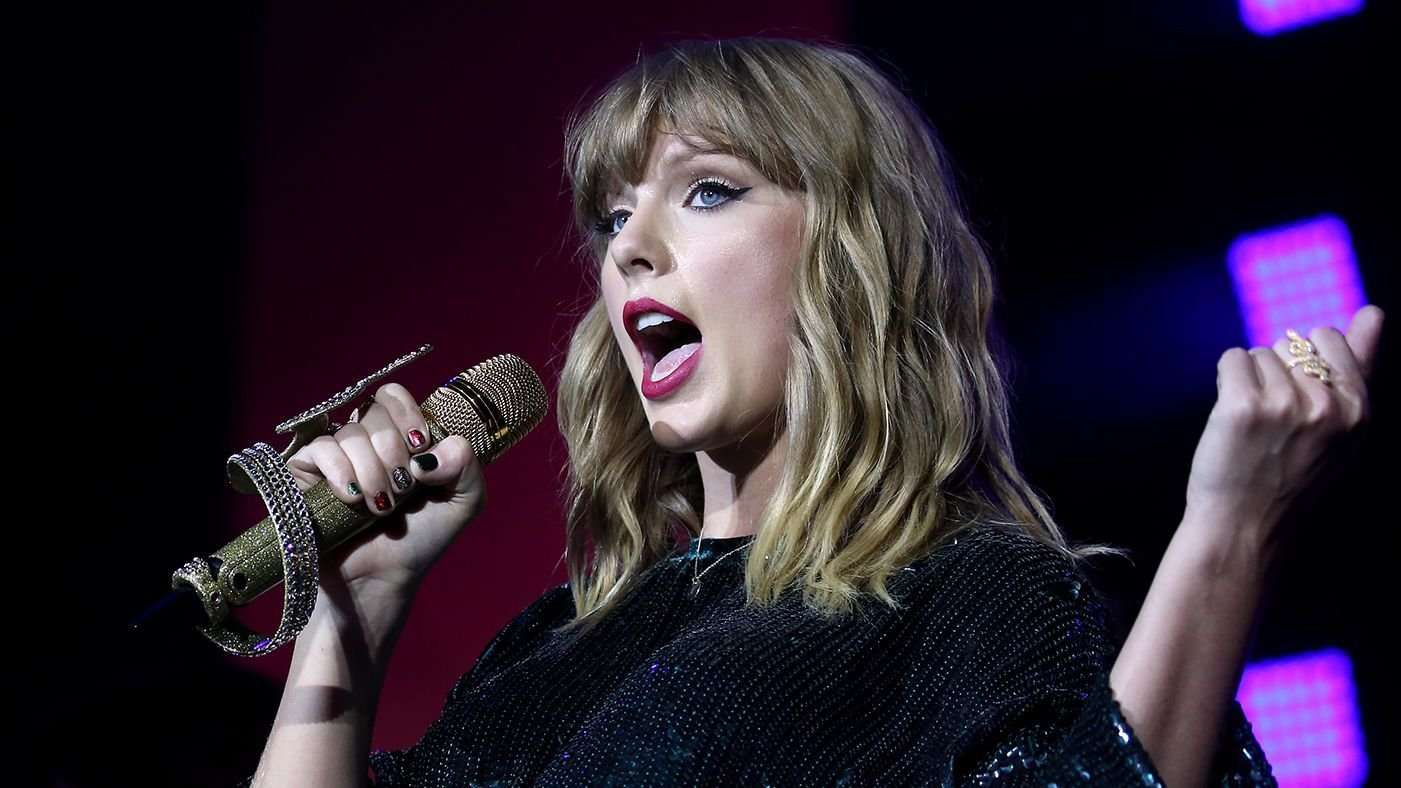When Taylor Swift announced her new record deal on Monday with Universal Music Group and Republic Records, she coupled the long-awaited deal with an unusual provision: As part of her joint contract with the label, UMG must promise to hand over to artists, on a non-recoupable basis, a portion of the windfall from its Spotify shares in the future.
Not just to Swift, but to all its artists.
The caveat is broad, if vague. All three “Big Three” record labels — Universal, Sony and Warner — took shares in Spotify a few years ago, and all of them promised at some point that artists would benefit if the labels sold their stakes in the Swedish music-streaming company. Universal, the last of the three to make such a commitment, announced in March right before Spotify’s public-company debut on the New York Stock Exchange that artists will “share in the proceeds” from a share sale. But according to sources, Swift’s deal on Monday specifies that the hypothetical equity sale will result in payments to Universal’s artists regardless of their account status, meaning they’ll receive money even if they’re in the red with the company for unrecovered advances. (Sony gave those terms to its artists when it cashed out in Spotify shares earlier this year, but Warner declined to ignore artist balances, meaning that much of the money Warner gave out just went back to the label.)
A source close to the matter tells Rolling Stone that Swift’s alignment with UMG chairman/CEO Sir Lucian Grainge’s approach to artist payments — specifically, his interest in offering Spotify equity to artists without withholding any money owed — was instrumental in the singer’s decision to sign a deal with Universal over the other labels. While sources declined to give financial details, citing the still-hypothetical nature of the matter, Swift said in her announcement that the Spotify provision involves “much better terms” than what Sony and Warner offered.
“As part of my new contract with Universal Music Group, I asked that any sale of their Spotify shares result in a distribution of money to their artist, non-recoupable,” Swift wrote in an Instagram post. “They have generously agreed to this, at what they believe will be much better terms than paid out previously by other major labels.” Swift added that the Spotify provision “meant more to me than any other deal point” of the new contract, which also gives her ownership of her masters going forward, and that it’s a sign “we are headed toward positive change for creators — a goal I’m never going to stop trying to help achieve, in whatever ways I can.”
For Swift to use her status as one of the world’s most influential (i.e. revenue-driving) artists as a negotiating platform isn’t new: She demanded that Apple make sure artists were compensated during Apple Music free trials in 2015 and went on a three-year boycott of Spotify over the relatively meager royalty payouts from its free tier. (In a volte-face, she restored her catalog on Spotify last summer.)
But it further cements the growing trend of artists in the streaming-driven era taking on more of the power previously held by record labels. Music lawyer Gregor Pryor told the Guardian that Swift’s enforcement of Spotify proceeds not being counted against existing debts marks the kind of artist-as-businessperson deal that wouldn’t have been possible in years prior. “Jay-Z did it with Tidal … Artists are behaving in a way that is more directed towards furthering their returns versus what the traditional machine — of labels and publishers — might have been entitled to,” he said.
Per Music Business Worldwide calculations off of a 2008 financial filing, Universal has a stake of about 3.5 percent in Spotify, which is worth $1 billion under Spotify’s current valuation of around $28 billion.

jaysdaname on November 26th, 2018 at 09:16 UTC »
Gotta she she is on point with this. Using her power to leverage something for all artist.
Triavalon on November 26th, 2018 at 08:57 UTC »
Because of the way (at least the summarization) words it, it doesn't modify any other contract, but instead makes all the artists a beneficiary of her contract. It sounds enforceable. That strategy could actually work. I wonder if contracts like this will become a new protest trend?
Sariel007 on November 26th, 2018 at 02:15 UTC »
Can't say I am personally a fan of her music but this seems like a pretty stand up thing for her to do.